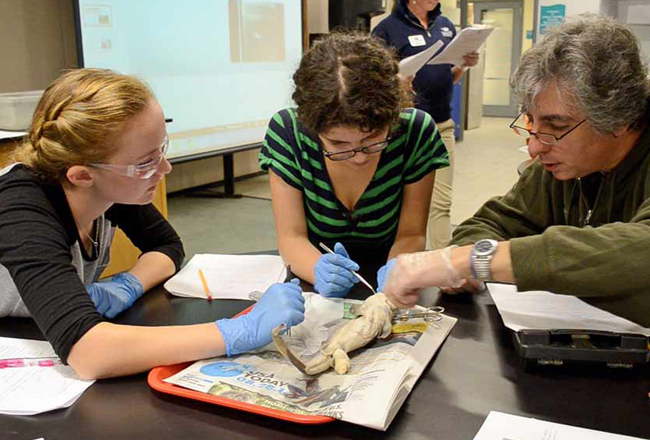The U.S. Food and Drug Administration has approved Boehringer Ingelheim”™s Ofev (nintedanib) as the first and only medicine to slow the rate of decline in pulmonary function in patients with systemic sclerosis associated interstitial lung disease (SSc-ILD).
 Ofev is now approved in the U.S. and more than 70 countries for the treatment of patients living with idiopathic pulmonary fibrosis (IPF), and has been shown to slow IPF progression by reducing the annual rate of decline in lung function, as measured by forced vital capacity (FVC), according to the Ridgefield drugmaker.
Ofev is now approved in the U.S. and more than 70 countries for the treatment of patients living with idiopathic pulmonary fibrosis (IPF), and has been shown to slow IPF progression by reducing the annual rate of decline in lung function, as measured by forced vital capacity (FVC), according to the Ridgefield drugmaker.
The approval was based on results of SENSCIS, a Phase III double-blind randomized, placebo-controlled trial, that involved 576 patients from 194 trial sites across 32 countries. The primary endpoint was the annual rate of decline in FVC in patients with SSc-ILD. Results show that Ofev slowed the loss of pulmonary function by 44% (41 mL/year) in patients with SSc-ILD relative to placebo, as measured by forced vital capacity (FVC) over 52 weeks.
The most common adverse reactions (occurring in greater than or equal to 5%) in Ofev-treated patients compared to placebo included: diarrhea, nausea, vomiting, skin ulcer, abdominal pain, liver enzyme elevation, weight decreased, fatigue, decreased appetite, headache, fever, back pain, dizziness and hypertension.
“An approved anti-fibrotic medication for this condition is a scientific advancement in the care of patients living with this rare disease,” said Kristin Highland, a pulmonologist with the Cleveland Clinic. “The option to offer a new therapy is welcome news for doctors and their patients.”
Systemic sclerosis (SSc), also known as scleroderma, is a rare autoimmune disease characterized by thickening and scarring of connective tissue throughout the body. The disease is estimated to affect about 100,000 people in the U.S. and 2.5 million worldwide. Fibrosis, the hallmark of the disease, can affect the skin and internal organs, including the lungs.
ILD, one of the most frequent disease manifestations, can be debilitating and may become life-threatening. Approximately 25 percent of patients develop significant lung involvement within three years of diagnosis. ILD is the leading cause of death among people with SSc.






















